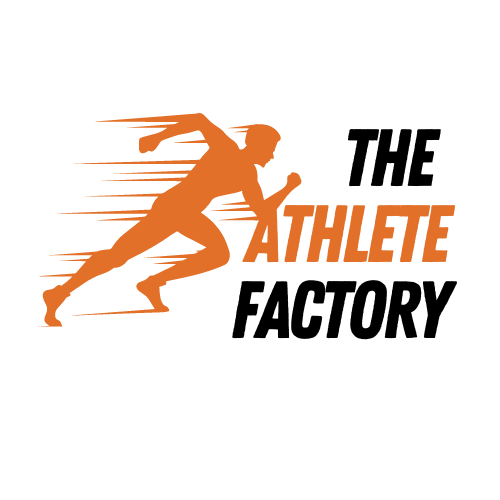Proper nutrition is crucial for young athletes as it directly impacts their performance, recovery, and overall well-being. Young athletes have higher energy and nutrient requirements due to their growing bodies and increased physical activity levels. Here's why proper nutrition matters and some tips for pre and post-game meals, hydration, and maintaining a balanced diet:
Importance of Proper Nutrition for Young Athletes:
Energy: Athletes require more energy (calories) to support their training and competition demands. Insufficient energy intake can lead to fatigue, decreased performance, and even injury.
Growth and Development: Young athletes are still growing, and proper nutrition supports their optimal growth, bone development, and muscle growth.
Performance: Nutrient-rich foods provide the necessary carbohydrates for fuel, protein for muscle repair, and fats for sustained energy during physical activities.
Recovery: Adequate nutrition aids in muscle recovery, reduces muscle soreness, and helps prevent injuries. Nutrients like protein and carbohydrates are particularly important for recovery.
Immune Function: Proper nutrition supports a strong immune system, reducing the risk of illness that can interfere with training and performance.
Cognitive Function: Nutrient-dense meals help maintain focus, concentration, and decision-making skills during both training and competitions.
Tips for Pre-Game Meals:
Carbohydrates: Choose complex carbohydrates like whole grains, fruits, and vegetables. These provide sustained energy for the game.
Protein: Include lean protein sources like chicken, turkey, fish, beans, or tofu for muscle support and repair.
Hydration: Start the game well-hydrated. Drink water or a sports drink a couple of hours before the game, and continue sipping fluids leading up to the start.
Moderate Fat: Avoid heavy, high-fat meals that can lead to discomfort. Healthy fats can still be included in moderation.
Timing: Eat a balanced meal 2-3 hours before the game to allow for digestion. Avoid eating too close to the start to prevent digestive discomfort.
Tips for Post-Game Meals:
Recovery Carbohydrates: Consuming carbohydrates after the game replenishes glycogen stores in muscles. Include foods like whole grains, fruits, and starchy vegetables.
Protein: Protein intake post-game aids in muscle recovery. Opt for lean protein sources like lean meats, dairy, eggs, or plant-based proteins.
Hydration: Rehydrate by drinking fluids that contain electrolytes (like a sports drink) and water to replace what was lost during the game.
Timing: Eat a balanced meal or snack within an hour or two after the game to optimize recovery.
Hydration:
Water: Hydration is essential for performance. Encourage regular water breaks during practices and games.
Electrolytes: During intense or long-duration activities, electrolytes (sodium, potassium, etc.) are lost through sweat. Consuming electrolyte-rich drinks can help maintain the body's electrolyte balance.
Monitor Urine Color: Light, pale urine indicates proper hydration, while dark yellow urine suggests dehydration.
Maintaining a Balanced Diet:
Variety: Encourage a variety of nutrient-rich foods to ensure a wide range of vitamins and minerals.
Fruits and Vegetables: These provide essential vitamins, minerals, and antioxidants. They can be included in every meal and snack.
Whole Grains: Opt for whole grains like brown rice, quinoa, whole wheat bread, and oats for sustained energy.
Lean Proteins: Include sources like poultry, fish, lean meats, beans, lentils, and dairy products.
Healthy Fats: Incorporate sources like nuts, seeds, avocados, and olive oil for overall health.
Limit Processed Foods: Minimize sugary snacks, fast food, and highly processed foods.
In conclusion, proper nutrition is a cornerstone of athletic success for young athletes. By fueling their bodies with the right nutrients through balanced meals, staying hydrated, and making mindful food choices, they can perform at their best, recover effectively, and set the stage for a healthy future. It's also important to remember that individual nutritional needs can vary, so consulting with a registered dietitian who specializes in sports nutrition can provide personalized guidance.

